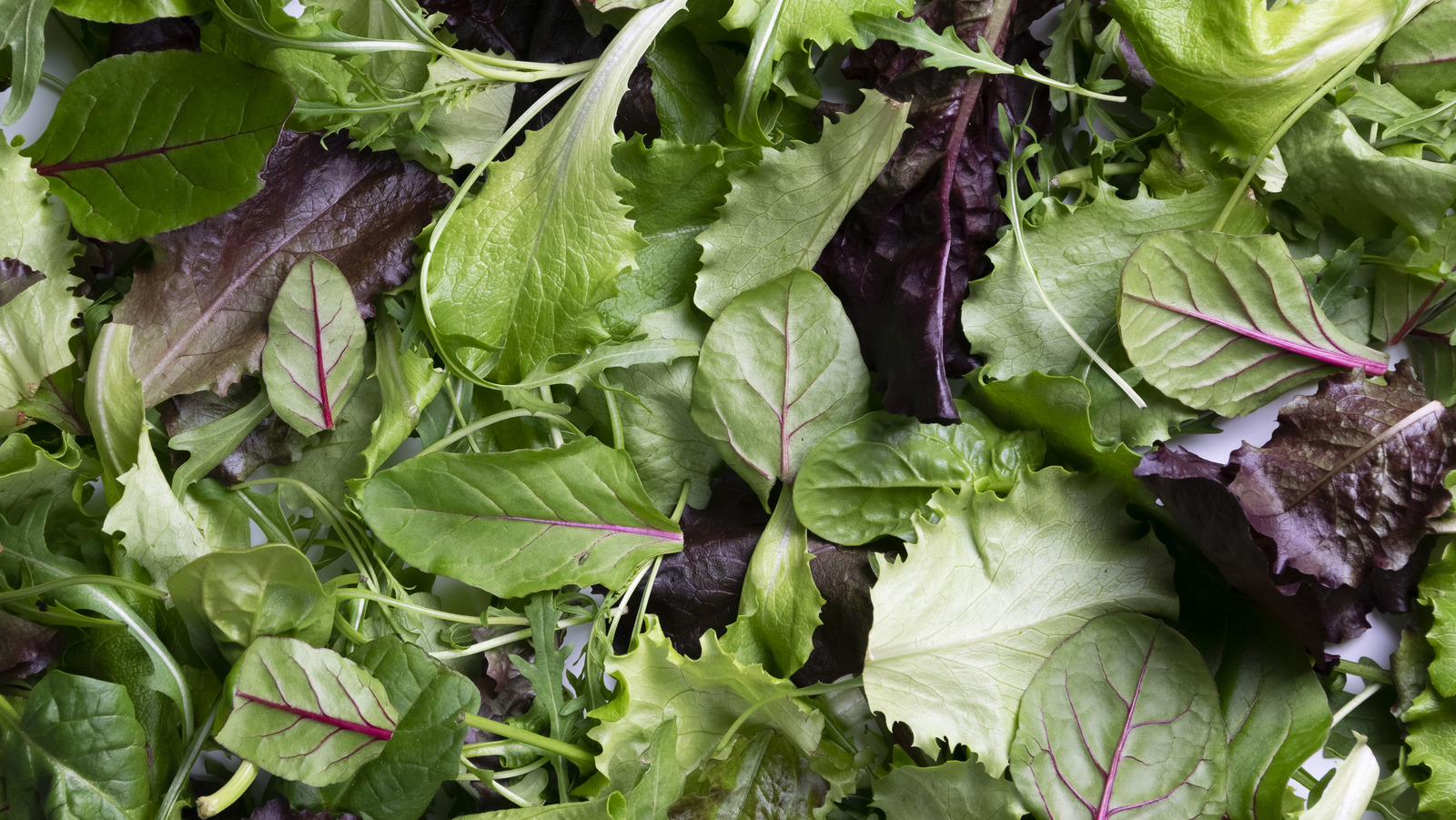Buldak noodles, often referred to as "fire noodles," have gained immense popularity for their spicy flavor and unique texture. However, recent health concerns regarding food safety have emerged, specifically relating to the presence of listeria in buldak noodles. This bacterial infection can pose significant health risks, especially to vulnerable populations. Therefore, it is crucial to delve deeper into the implications of listeria contamination in these beloved noodles.
As consumers, we often prioritize taste and convenience when selecting food products. However, it is essential to remain vigilant about food safety, as contamination can occur at any stage of the food supply chain. The rise in popularity of buldak noodles has led to increased scrutiny regarding their production methods, storage, and overall safety. Understanding the risks associated with listeria in buldak noodles can help consumers make informed choices and protect their health.
In this article, we will explore the potential risks of listeria contamination in buldak noodles, how it can affect health, and what precautions can be taken to minimize exposure. By shedding light on this issue, we aim to empower consumers with the knowledge they need to enjoy their favorite spicy noodles safely.
What is Listeria and Why is it Dangerous?
Listeria is a type of bacteria that can cause a serious infection known as listeriosis. This bacterium is commonly found in soil, water, and animal feces, and it can contaminate a variety of food products, including dairy, meats, and vegetables. When ingested, listeria can lead to severe health complications, particularly in pregnant women, newborns, the elderly, and individuals with weakened immune systems.
How Can Buldak Noodles Become Contaminated?
Contamination of buldak noodles with listeria can occur during various stages of production and handling:
- Raw ingredient contamination during farming or processing.
- Improper cooking or storage practices.
- Cross-contamination with other contaminated foods.
Are There Specific Cases of Listeria in Buldak Noodles?
While there have been reports of listeria contamination in various food products, specific cases related to buldak noodles are less documented. However, it is essential to remain cautious and aware of potential recalls or safety alerts regarding these noodles.
What Symptoms Indicate a Listeria Infection?
Symptoms of listeriosis can vary from mild to severe and may include:
- Fever and muscle aches
- Nausea and diarrhea
- Headaches
- Confusion and loss of balance (in severe cases)
In pregnant women, listeriosis can lead to miscarriage, stillbirth, or severe illness in the newborn. It is crucial to seek medical attention if symptoms arise after consuming potentially contaminated foods.
How Can Consumers Protect Themselves from Listeria in Buldak Noodles?
To minimize the risk of listeria contamination when enjoying buldak noodles, consumers can take the following precautions:
- Always check the expiration date and packaging for any signs of damage.
- Store noodles in a cool, dry place and consume them before the expiration date.
- Cook noodles thoroughly, as high temperatures can kill listeria bacteria.
- Avoid cross-contamination with other foods by using separate utensils and cutting boards.
What Should You Do If You Suspect Contamination?
If you suspect that you have consumed buldak noodles contaminated with listeria, it is essential to monitor for any symptoms and consult a healthcare professional. Reporting any suspected contamination to local health authorities can also aid in preventing further cases.
Are There Alternatives to Buldak Noodles?
For those concerned about the risks associated with listeria in buldak noodles, there are several alternatives available:
- Homemade spicy noodle recipes using fresh ingredients.
- Other brands of instant noodles with rigorous safety standards.
- Exploring different types of pasta that offer similar flavors without the associated risks.
In Conclusion, How Can We Enjoy Buldak Noodles Safely?
While buldak noodles remain a favorite for many, understanding the risks of listeria contamination is vital for safe consumption. By following food safety guidelines and remaining vigilant about product recalls, consumers can continue to enjoy these spicy noodles while minimizing health risks. Stay informed and prioritize your health; after all, safety should always come first when it comes to food.
Ramen Noodle Recall: What You Need To Know
Unraveling The Mystery: Is Daniel Lugo Alive?
Unveiling The Journey Of Ben Meiselas: A Legal Maverick


